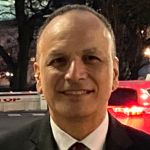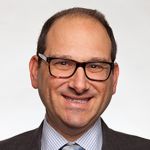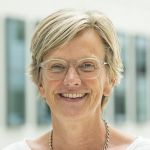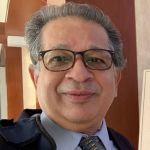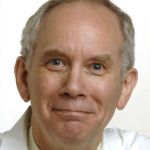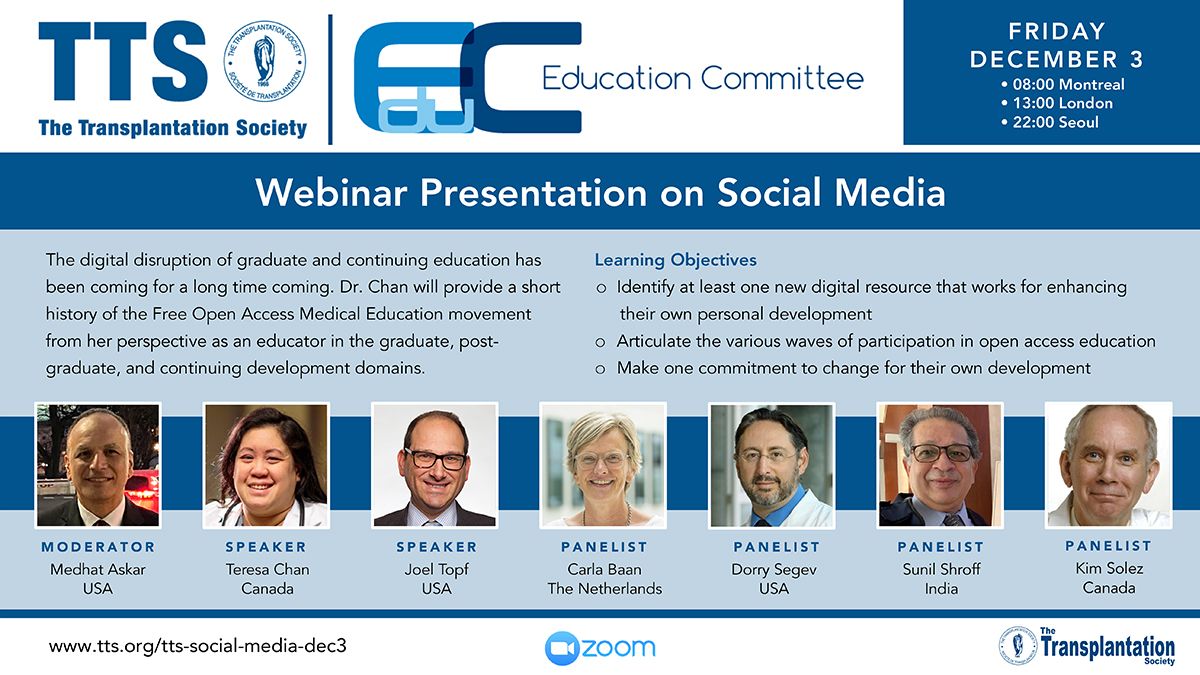At age 75, life is just starting for Dr. Kim Solez, founder of the Banff Classification.
The Edmonton-based entrepreneur, pathologist and professor just observed his 75th birthday. He’s celebrating by writing a memoir that’s documented his life’s first three-quarters of a century and applying for a CIFAR grant that can fuel his passion to solve six of the world’s key problems for the decades to come.
“Chronologically, I’m 75 years old, but I have this little, happy 18-year-old bursting out inside of me every now and then,” Solez said.
The memoir will be titled “Serially Surreal” – a term the late great singer-songwriter Leonard Cohen described Solez as during their first meeting in 2005. Solez founded separate events Leonard Cohen Nights and Leonard Cohen International Festivals to honor the artist. The grant for which Solez is applying is through CIFAR, a Canadian-based global research organization. Solez believes the data from artificial intelligence can be used to tackle six critical issues facing society: Male Aggression; Nuclear War; Climate Emergency; Systemic Racism; COVID-19 Pandemic; and Colonialism. Those issues can be solved through what Solez considers a combination of “humanity plus AI.”
DeepMind's Alpha Fold AI solved protein folding in Fall 2020 and protein folding is substantially more complicated than the six big problems of society listed above. All the is needed for success is human cooperation and something to measure so you can gauge success. Demis Hassabis head of DeepMind London UK has supported the idea of AI tackling society's big problems, and Rich Sutton head of DeepMind Edmonton has supported the idea of AI tackling new and bigger problems like the six listed.
“One can imagine a future where it is possible to measure changes in human behavior, positive changes in the world brought about by something you wrote, or a video you produced, and that becomes the criterion on which academic advancement is based,” Solez said. “That will be a world much better than today. We don’t have those metrics yet. However, it is a very nice position to be in, to be the person suggesting future standards!”
Solez said he’s always viewed the world differently, even from the day he was born – June 20, 1946. That day, he said his father, a cardiologist, said Solez was a calm, smiling baby surrounded by many others who were crying and whining.
Solez grew up in a house of science and art. Both his parents played the piano, and Solez’s mother was classically trained at the Oberlin Conservatory of Music. The gravestone where his parents rest is labeled “Enjoy the Music,” which Solez has done throughout his life.
Solez has combined his love for science and art through his work as an entrepreneur at numerous companies, including his current one – Just Machines, which explores the effects of rapidly improving technology and AI in the field of medicine – plus as Professor of Pathology at University of Alberta, where he is continually and constantly surrounded by medical students and graduate assistants that make him feel young. The young people are also organized to continue Solez’s work if anything were to happen to him. As Greg Washington says “A person dies twice: once in physical form and again the last time their name is spoken. I want to make sure that my friends live forever,” Solez’s students will make sure that he is long remembered. However, there is no sign of his slowing down anytime soon!
Solez also noted his personality is naturally risk-taking and virtually fearless. He recently took the NEO PI-R personality test, and the results said was “off the charts for openness to experience” and that he likes “to be in the action.”
He also can communicate with anyone, from brilliant academia-focused, to the homeless young adults he sometimes meets at the weekly poetry nights he helps organize.
For Solez, it’s all about living a life of openness and pursuit of the new.
“Leading a life without precedent is much easier than leading a life with one because you’re always trying something new,” he said.


